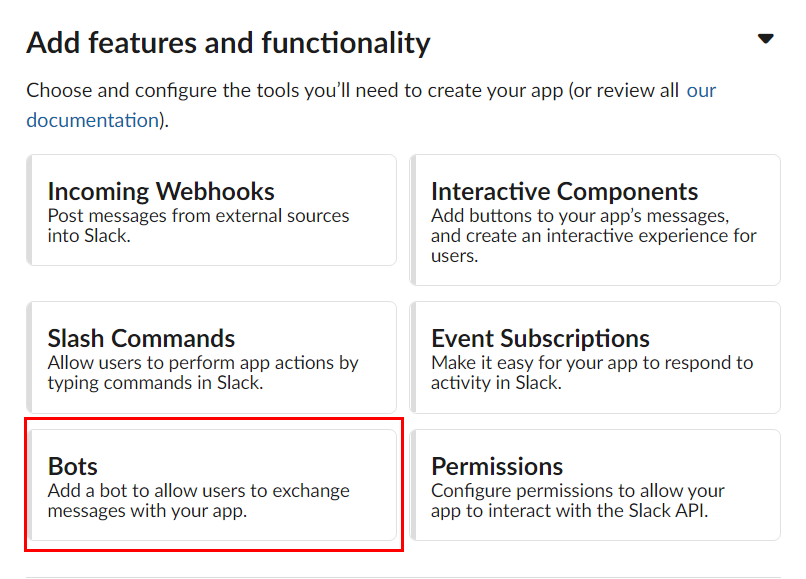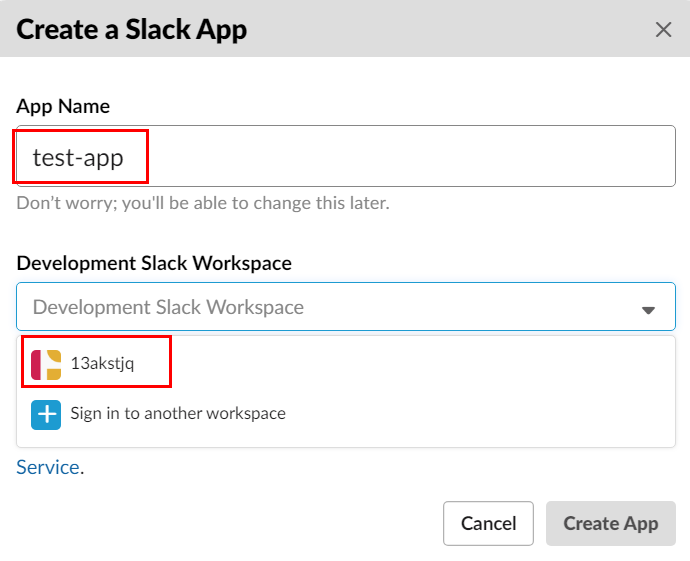

There are two variables available for you to use in your template, "issue" and "event". This is the token the feature needs to send messages, click the Copy button. The Bot Oauth Access Token now displays at the top of the OAuth & Permissions page. Navigate back to the OAuth and Permissions tab and click Install to Workspace to install the app.The Display Name is the name that will be displayed on Slack when a message is sent. Click Edit to change the Display Name and Default username for your bot (the app uses the bot user to post in the workspace).Once you have added at least one scope, navigate to App Home.In the next screen, select Connect in Slack. In the pop-up, give the connector a descriptive name, and press Connect. In the App connectors page, select the plus button followed by Slack. In the Defender for Cloud Apps portal, select Investigate and then Connected apps.

You can edit this later to add extra permissions, such as chat:write and chat:write:public to post to a channel. How to connect Slack to Defender for Cloud Apps. These scopes tell your app the permissions that it has access to, such as sending messages or viewing rooms.įor example, add the im:write scope if you want your Slack bot to post a message to a user.

We suggest setting up your Slack app on a development workspace first.


 0 kommentar(er)
0 kommentar(er)
